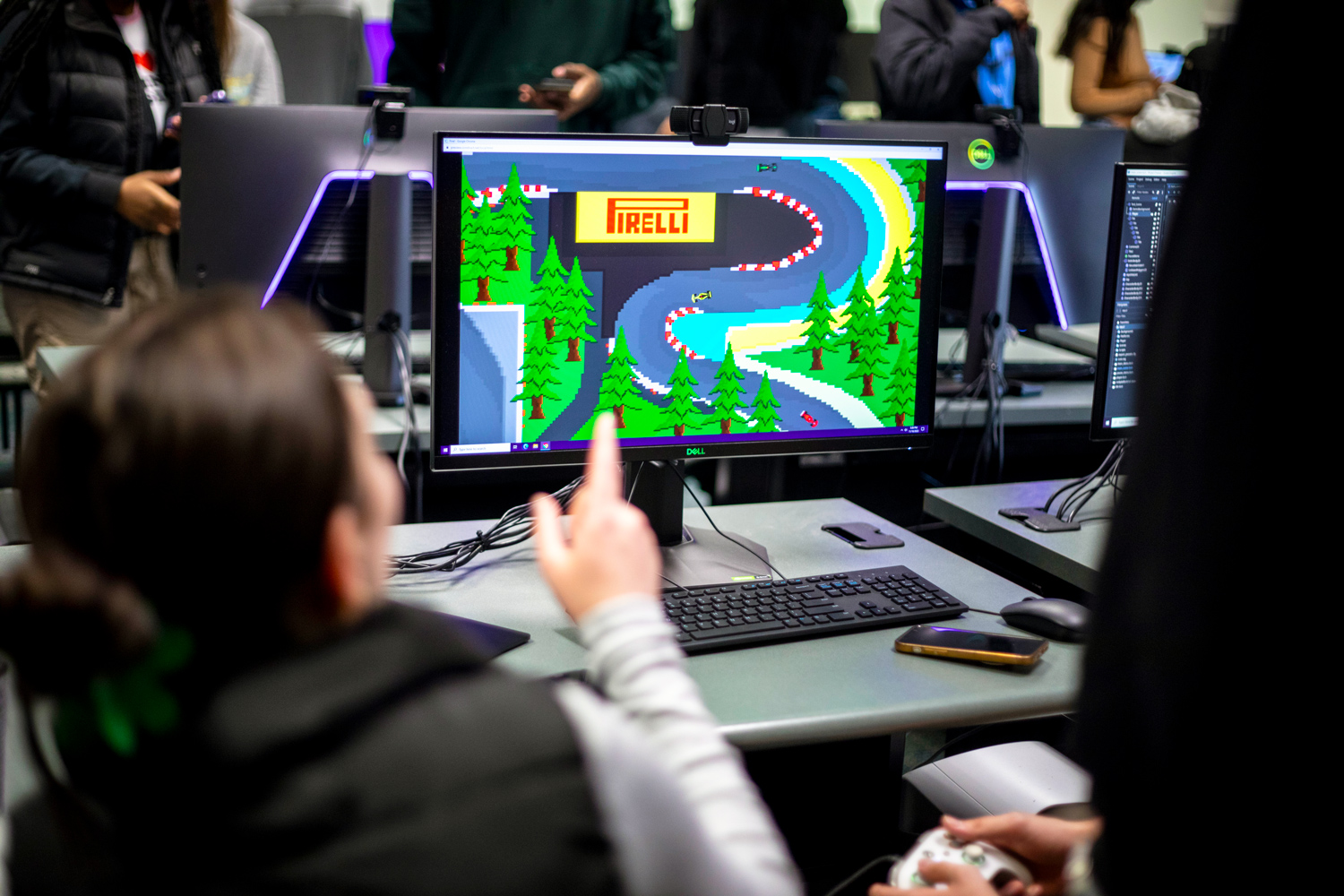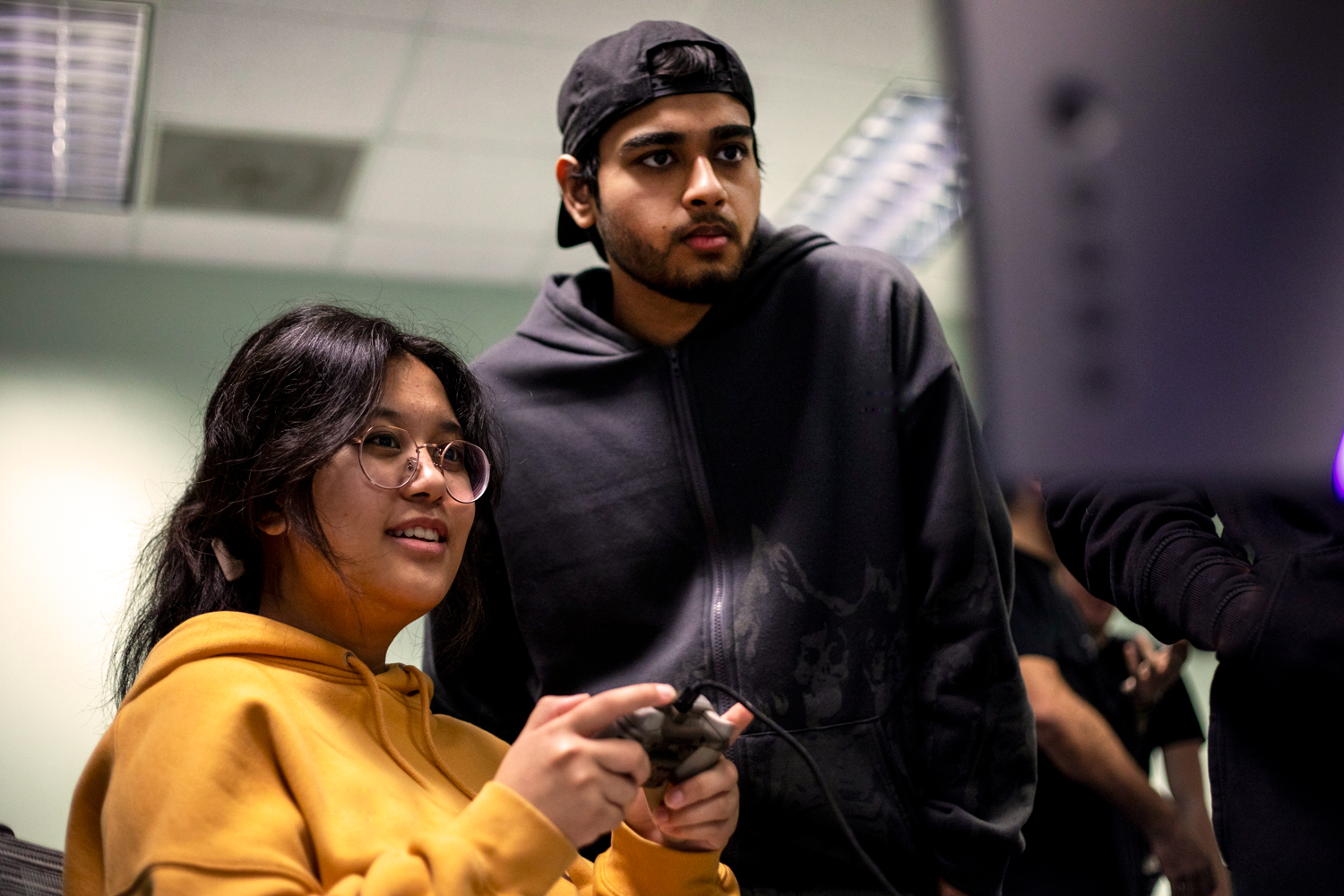Deadlines
Departmental Assistantship Consideration
Fall: March 1
Spring: November 1
Summer: Not Available
No Departmental Assistantship Consideration
Fall: August 1
Spring: January 1
Summer: April 1
Required Application Materials
- Transcripts from all schools attended
- Two Letters of Recommendation
- Statement of Goals - The statement is generally one to two pages discussing what you have to offer the program and what you wish to get out of the program. It should include a brief description of the applicant's field of interest, related background, desired area of study and research emphasis or career goals.
Students are expected to have an appropriate undergraduate degree such as BA or BS in Game Design and Development OR a BA or BS in related field including, but not limited to, Informatics, Business, Cybersecurity, Education, Computer Engineering, Digital Arts, Animation, Interactive Media Design and Game Art, Computer Animation, Computer Networking, Art, Music, Computer Science, among other disciplines positioning undergraduate students for success in this field.
Available information for International Applicants.
Special Notes
This program requires an internship, field experience, study abroad component, or clinical experience. Students who have previously been convicted of a felony are advised that their prior criminal history may impede their ability to complete the requirements of certain academic programs and/or to meet licensure requirements for certain professions. If applicants have concerns about this matter, please contact the Dean’s Office of the intended academic program.





